Question And Answer
Publications
Articles, publications, books, tools and multimedia features from the U.S. Institute of Peace provide the latest news, analysis, research findings, practitioner guides and reports, all related to the conflict zones and issues that are at the center of the Institute’s work to prevent and reduce violent conflict.
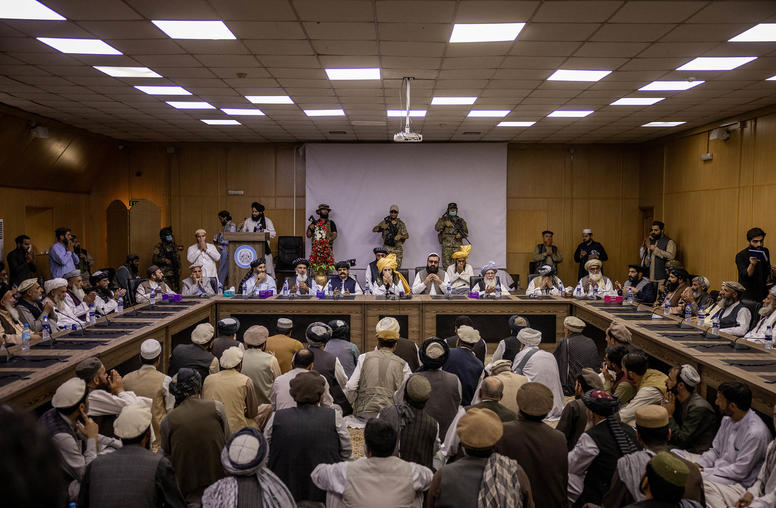
One Year Later: Taliban Reprise Repressive Rule, but Struggle to Build a State
When the Taliban swept into power last August, many expected they would reprise the draconian governance of their 1990s emirate. Despite pledges of moderation and reform from some Taliban factions, one year later those predictions have largely turned out to be prescient. The group has yet to establish a formal governance structure, with the interim cabinet appointed early in their tenure still intact. But the Taliban have swiftly reinstated many of their harshest policies, pushing women out of public life and brooking no dissent. USIP’s Andrew Watkins explains how the Taliban government functions, who’s really in charge and how the Taliban have dealt with challenges to their authority.

Andrew Watkins on the One-Year Anniversary of Taliban Takeover
With “more people going hungry in Afghanistan than anywhere else in the world,” the Taliban have shown they recognize “the scope of the problems they’re facing. But they’ve also revealed … just how little they can do to grapple with the world’s worst humanitarian crisis,” says USIP's Andrew Watkins.
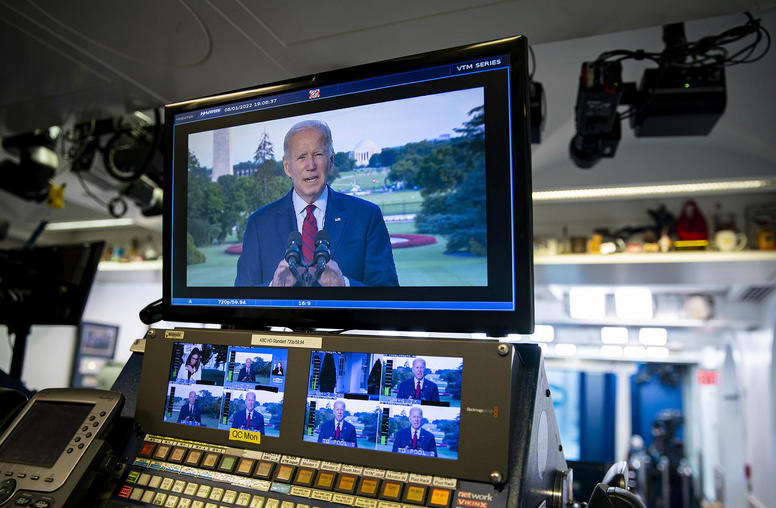
After al-Zawahiri’s Killing, What’s Next for the U.S. in Afghanistan?
On Monday, President Biden revealed that a U.S. drone strike killed al-Qaida leader, and mastermind of the 9/11 attacks, Ayman al-Zawahiri over the weekend. Al-Zawahiri was reportedly on the balcony of a safe house in Kabul, Afghanistan. Last week, the United States participated in a regional conference in Tashkent, Uzbekistan focused on counterterrorism, where Taliban Foreign Minister Amir Khan Muttaqi said his regime had followed through on commitments to not allow Afghanistan to be used as a base for transnational terrorism.
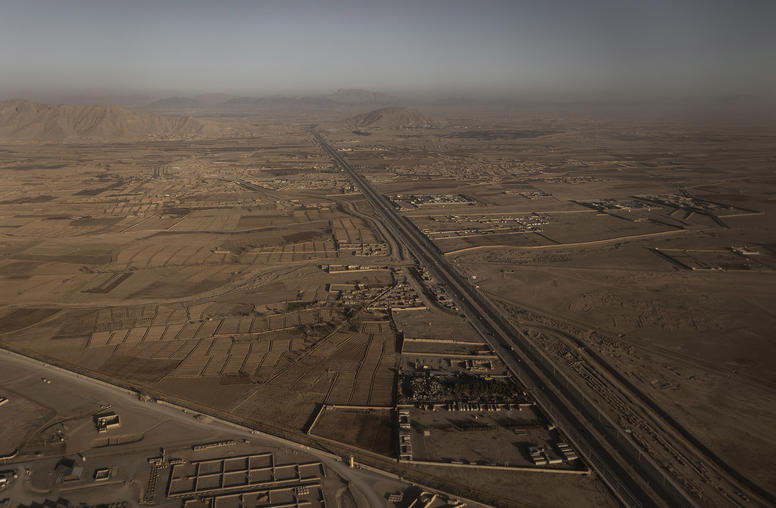
Afghanistan-Pakistan Border Dispute Heats Up
In at least two incidents in late December and early January, Afghan Taliban soldiers intervened to block an ongoing Pakistani project to erect fencing along the shared border between Afghanistan and Pakistan — the demarcation of which prior Afghan governments have never accepted. Despite attempts to resolve the issue diplomatically, and the Taliban’s dependence on Pakistan as a bridge to the international community, both sides remain at odds over the fence. USIP’s Richard Olson, Asfandyar Mir and Andrew Watkins assess the implications of this border dispute for Afghanistan and Pakistan’s bilateral relationship and the region at large.
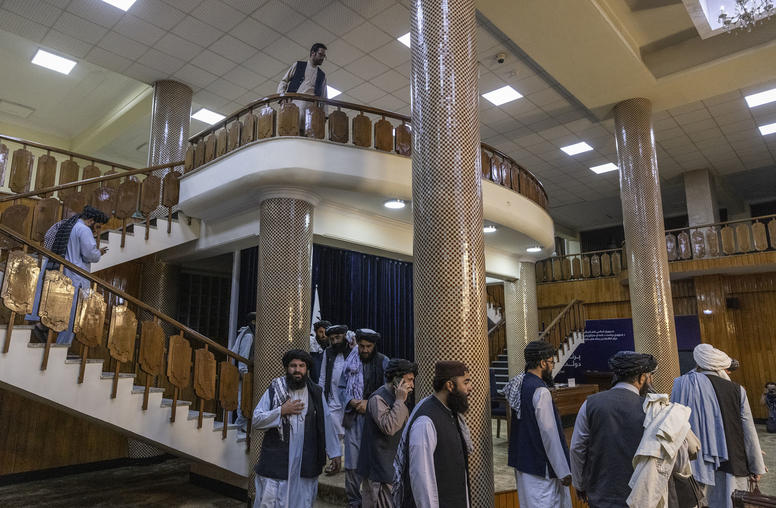
Taliban Seek Recognition, But Offer Few Concessions to International Concerns
Since taking power in August, the Taliban have repeatedly expressed the expectation that the international community will recognize their authority as the new government of Afghanistan and have taken several procedural steps to pursue recognition. But the group has done very little to demonstrate a willingness to meet the conditions put forward by Western powers and some regional states. USIP’s Andrew Watkins, Richard Olson, Asfandyar Mir and Kate Bateman assess the latest Taliban efforts to win international recognition, the position of Pakistan and other key regional players and options for U.S. policy to shape Taliban behavior and the engagement decisions of other international partners.
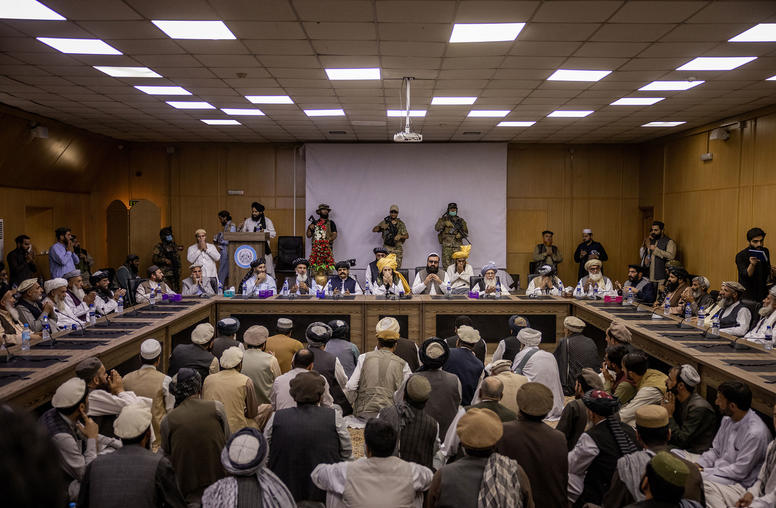
Five Questions on the Taliban’s Caretaker Government
As part of the Taliban’s bid to re-establish the “Islamic Emirate of Afghanistan,” the militant group announced the line up for its caretaker government on Tuesday. Despite several leading Taliban figures saying the movement would govern in a more moderate and inclusive fashion, the acting appointments made this week were mostly old guard members who played similar roles when the group ruled Afghanistan in the 1990s. USIP’s Andrew Watkins discusses who the key players are, what it signals about the Taliban’s commitment to inclusivity, the key challenges the government will face and how the West and regional countries should engage.
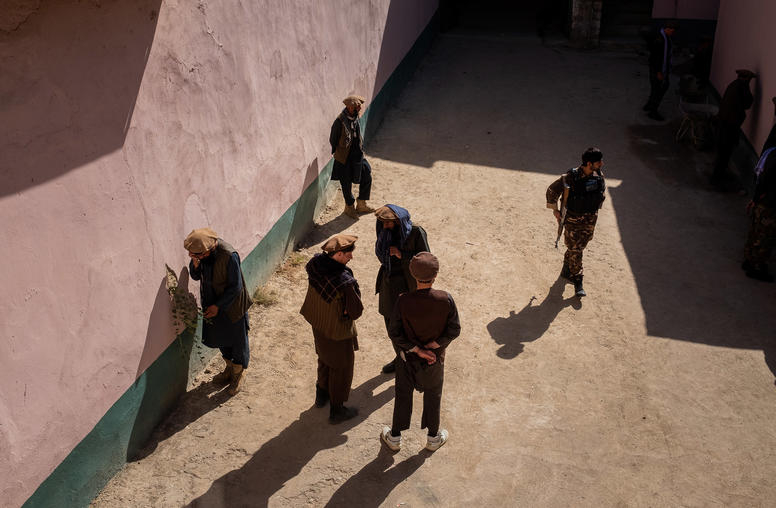
Taliban Fragmentation: Fact, Fiction, and Future
For years, the U.S. military pursued a "divide and defeat" strategy against the Afghan Taliban, attempting to exploit the supposedly fragmented nature of the group. Drawing on the academic literature on insurgency, civil war, and negotiated peace, this report finds that the Taliban is a far more cohesive organization than a fragmented one. Moreover, Taliban cohesion may bode well for enforcing the terms of its February 29 agreement with the United States, and any eventual settlement arising from intra-Afghan negotiations.